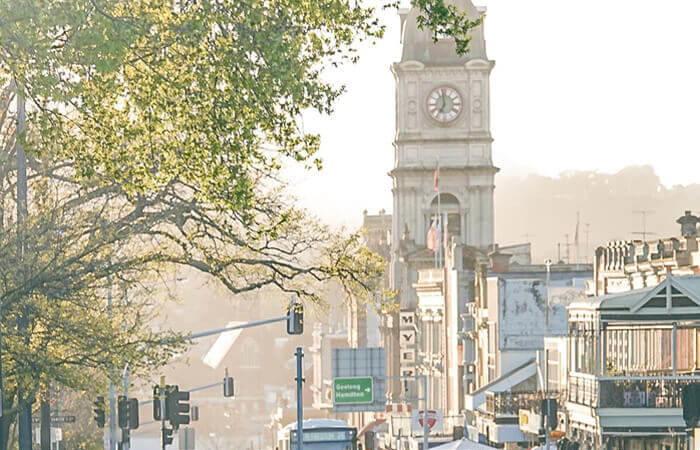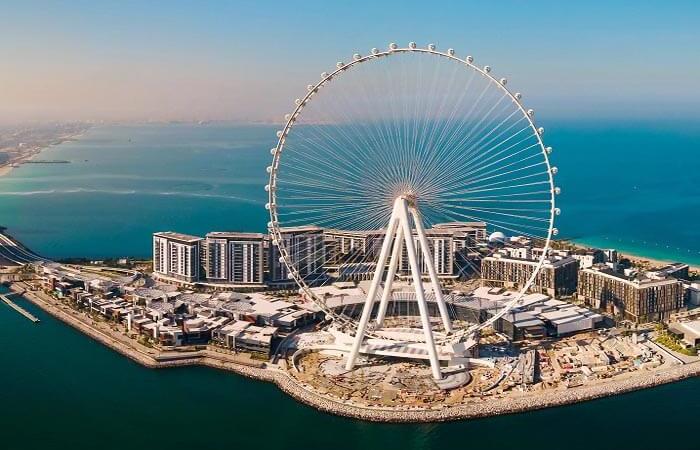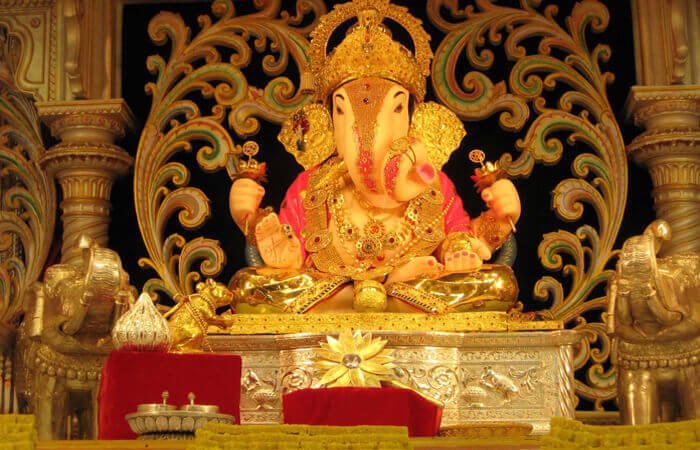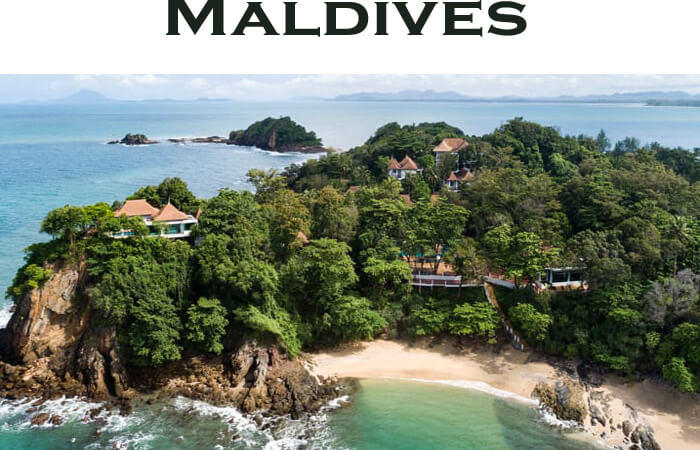Sundarbans National Park

The Sundarbans National Park is a National Park, Tiger Reserve, and a Biosphere Reserve in the Sundarbans delta.
Location: West Bengal
Major Attractions: Bengal Tiger
Best time to Visit: September to March
About Sundarbans National Park
The vast swampy delta of the two great Indian rivers, Brahmaputra and the Ganges extends over areas comprising of mangrove forests, swamps, and forest islands all interwoven in a network of small rivers and streams. The Sundarbans National Park, home of the Royal Bengal Tiger, covering an area of approximately 1330.10-sq-km and the largest mangrove forest in the world, forms the core of this area. The Sundarban region has got its name from Sundari trees, once found in abundance here.
The Ganges and the Brahmaputra form this alluvial archipelago of 54 islands watered by the Bay of Bengal. The islands Goasaba, Sandeshkali, and Basanti form the northern boundary of the Sundarbans; on the south is the sea; to the west side of the Sunderbans park is the Malta and Bidya Rivers and to the east is the international boundary of Bangladesh.
Flora in Sundarbans National Park
Fascinating life forms await you in this largest estuarine delta in the world, Sunderbans. In April and May the flaming red leaves of the Genwa, edge the emerald islands. The crab-like red flowers of the Kankara and the yellow blooms of Khalsi add to the dazzling display. As you penetrate into the forests of Sundarbans, this fairyland unfolds its mysterious beauty.
Major Wildlife Attractions of Sundarbans
The Sundarbans forest is home to more than 400 tigers. The Bengal Tigers have adapted themselves very well to the saline and aqua environs and are extremely good swimmers. As you enter the adventurous wild land of the Sundarbans you’ll be thrilled to see the Chital Dear and Rhesus Monkey. The aqua fauna of Sundarbans includes a variety of fishes, red Fiddler Crabs, and Hermit Crabs.
There are crocodiles, which can be often seen along the mud banks. Sundarbans national park is also noted for its conservation of the Ridley Sea Turtle. There’s is an incredible variety of reptiles also found in Sundarbans, which includes King Cobra, Rock Python, and Water Monitor. The endangered river Terrapin, Batagur Baska is found on the Mechua Beach, while the Barkind Deer is found only in Holiday Island in Sunderbans.
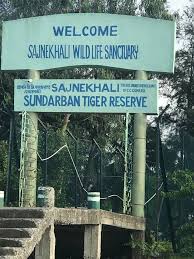
Other Attractions In Sundarbans
The Sajnakhali Sanctuary :
The Sajnakhali sanctuary, famous for its rich avian population, is regarded as a part of the Sunderbans National Park. The kingdom of birds at Sajnekhati enchants your eyes. The most sought-after sights by a bird watcher are seven colorful species of Kingfisher, White-bellied Sea Eagle, Plovers, Lap-Wings, Curfews, Whimbrels, Sandpipers, and occasional Pelican.
Netidhopani :
At Netidhopani, the ruins of a 400-year-old temple and legends lend mystery to the atmosphere.
Bhagabatpur :
Bhagabatpur is famous for having a hatchery of the largest estuarine crocodiles in the world.
Kanak :
Kanak is the nesting place of the Olive Ridley Turtles.
Haliday Island :
Haliday island is famous as the last retreat of Barking Dear in India.
Piyali :
Piyali is the gateway to Sundarbans, 72-km from Kolkatta by road and close to Sajnekhali, Sudhanyakhali, Netidhopani through waterways. A small river Piyali flows through the green paddy fields and mingles with river Malta. Picturesque Piyali delta makes an ideal romantic holiday destination. A beautiful tourist complex with accommodation and recreation facilities is also situated over here.
Kaikhali :
On your way to Sundarbans, you cannot afford to miss Kaikhali Island, where nature is so alive and so colorful. An ideal picnic spot.
Best Time to Visit Sundarbans National Park
The ideal time to visit the Sundarbans national park is during the months of September and May. Winter makes the time to see the mighty Royal Bengal Tiger sun-bathing on the river banks.
How to Get there
Air: The nearest airport is Kolkatta, at 112-km.
Rail: Canning is the nearest railhead, at a distance of 48-km.
Road: Road transportation is available from Kolkatta for Namkhana (105-km), Sonakhali (100-km), Raidighi (76-km), Canning (64-km), and Najat (92-km), which are all near the Sunderbans and have access to the riverine waterways leading to it.
Waterways: Sundarbans are accessible only by riverine waterways. Motor launch facility is available from Namkhana – Bhagabatpur Crocodile Project- Sagar Island -Jambudwip; from Sajnekhali – Sudhanyakhali-Buridabri- Netidhopan-Holiday Island; from Sonakhali – Gosaba; from Raidighi – Kalas.
General Info / Tips
Permits: For Foreigners for Tiger Projects & Sajnekhali, Contact: Secretary, West Bengal Forest Department, Writer’s Blidge, Kolkatta – 700001, on request.
Permit For Other Areas of the Sundarbans: Field Director, Sundarbans Tiger Reserve, PO Canning, District 24 Parganas, West Bengal


